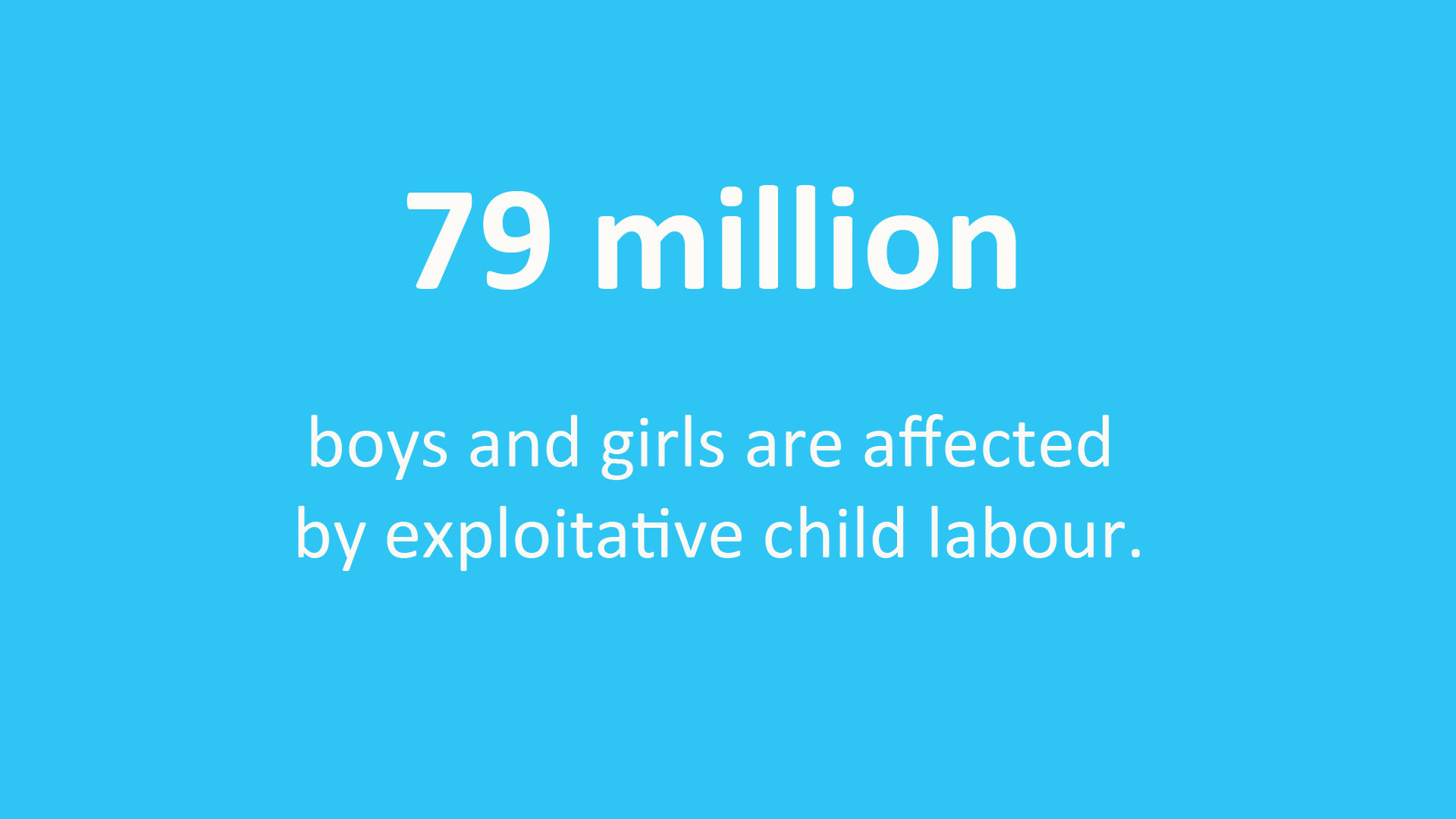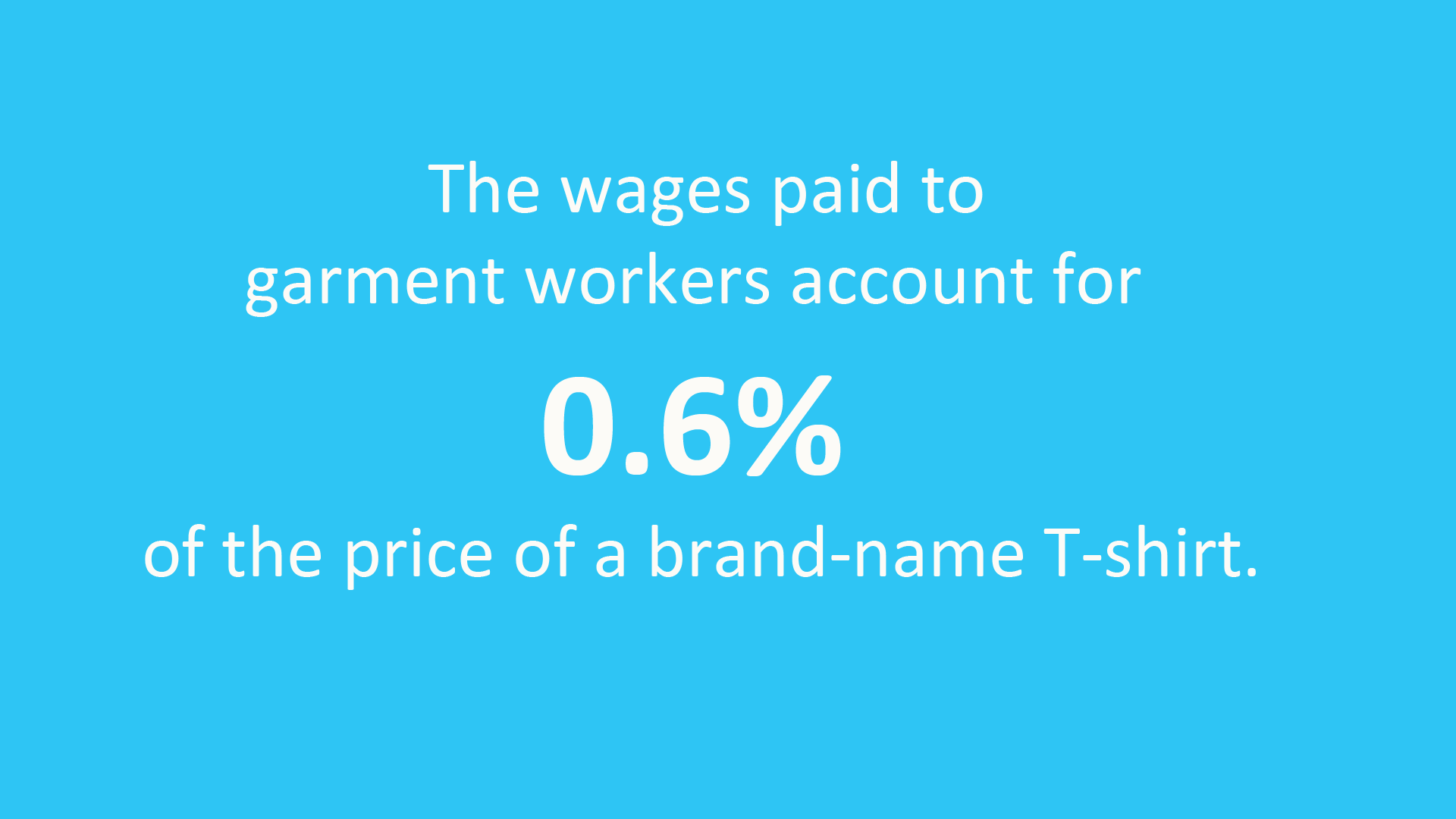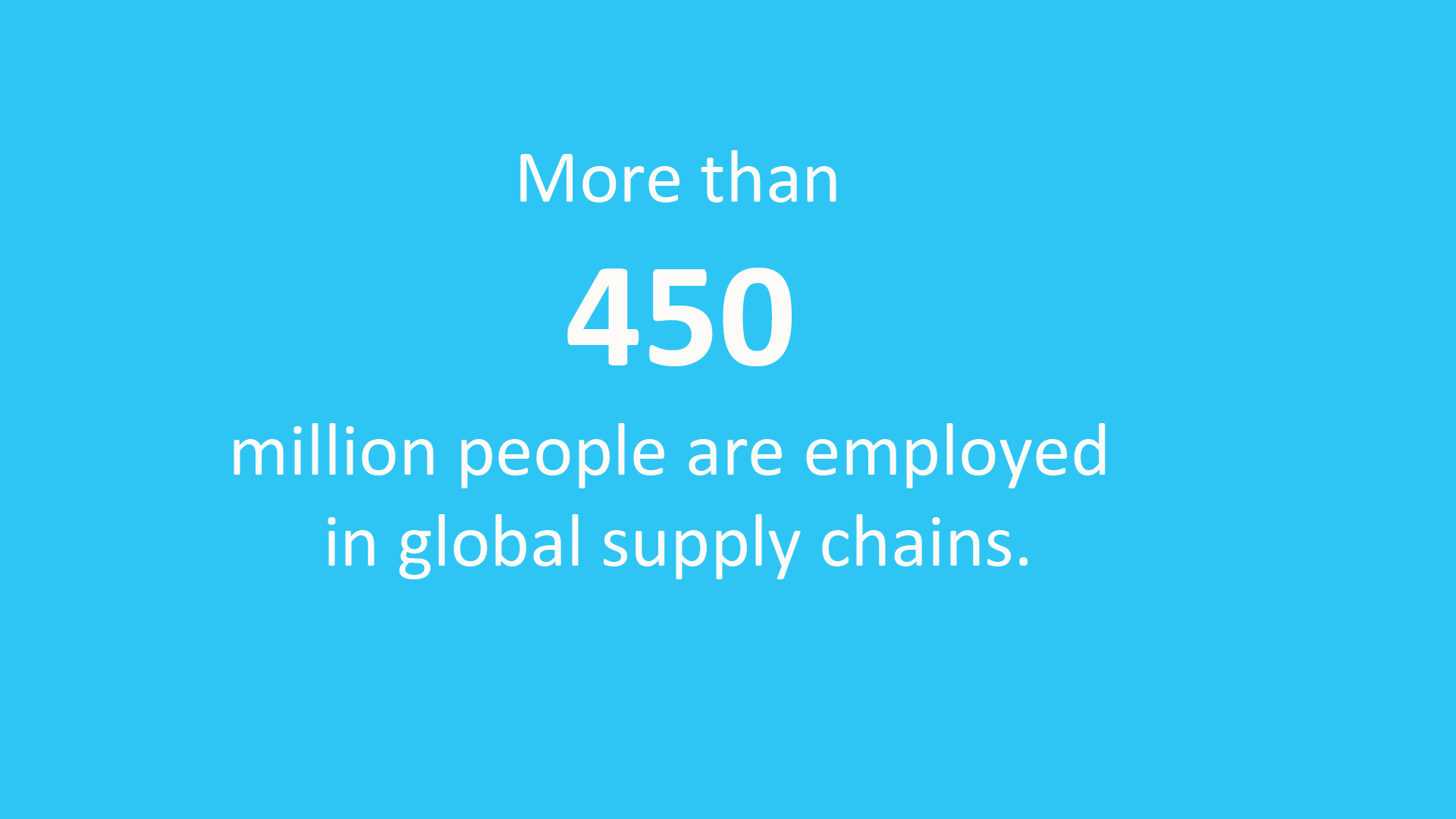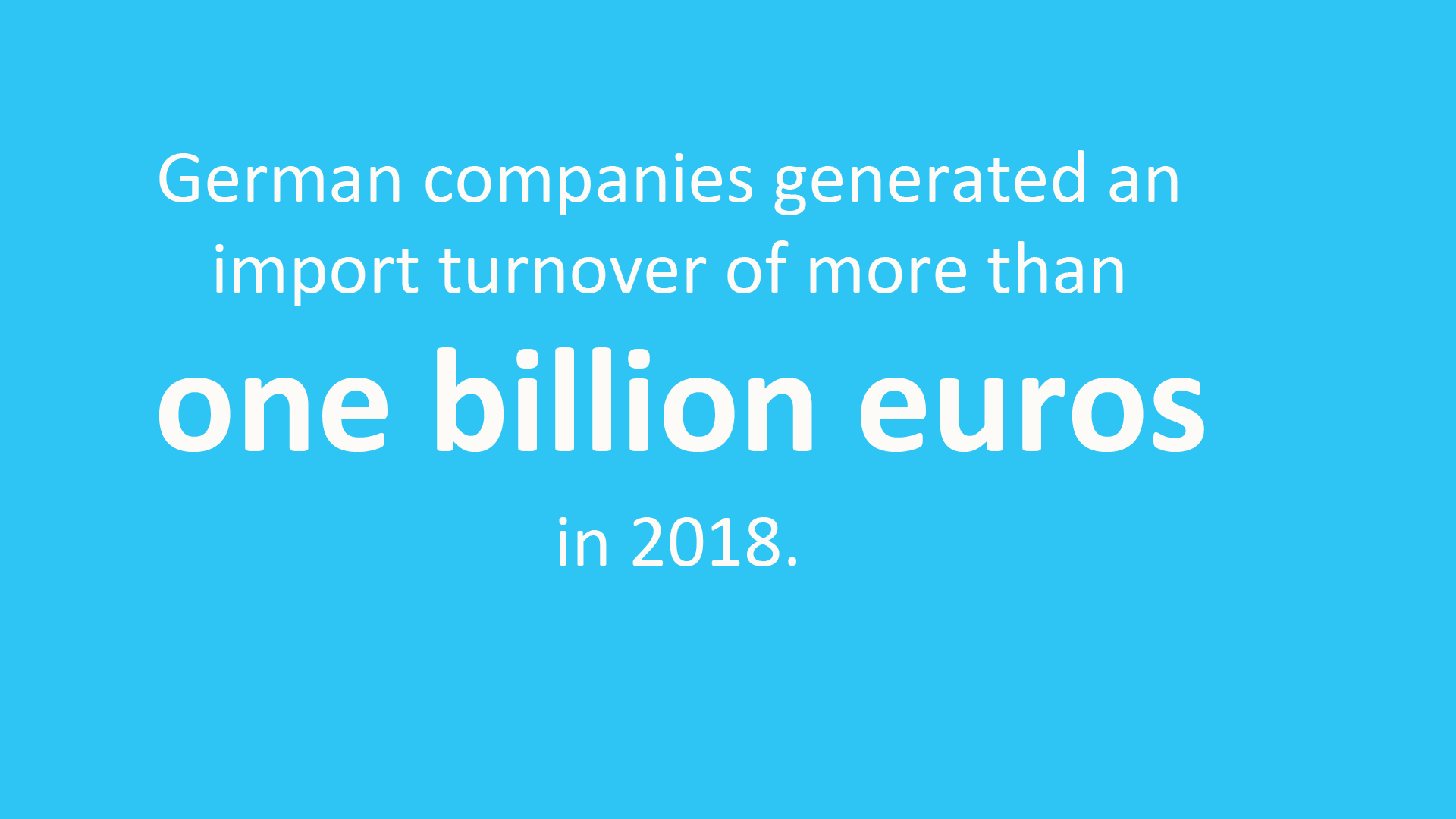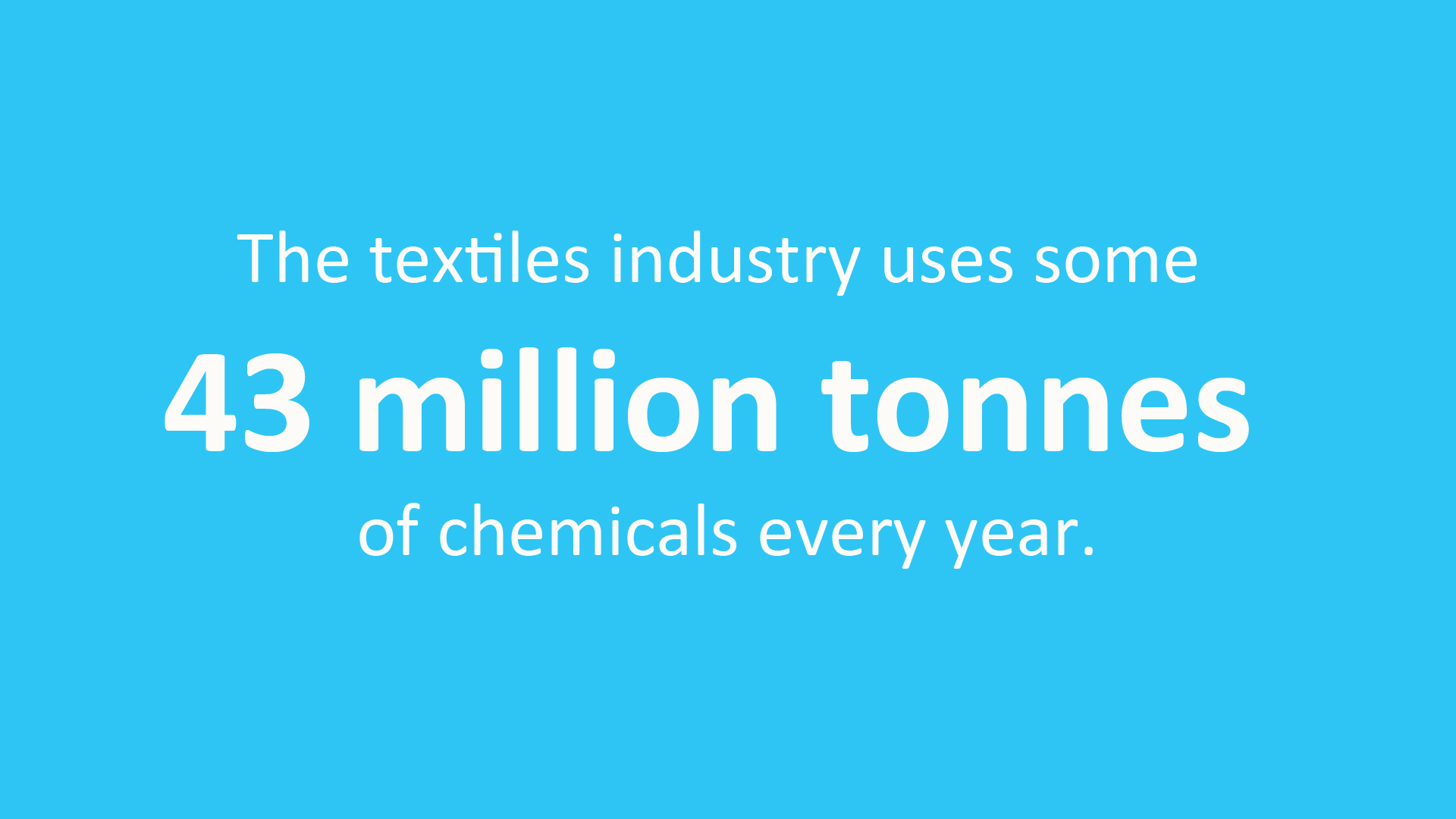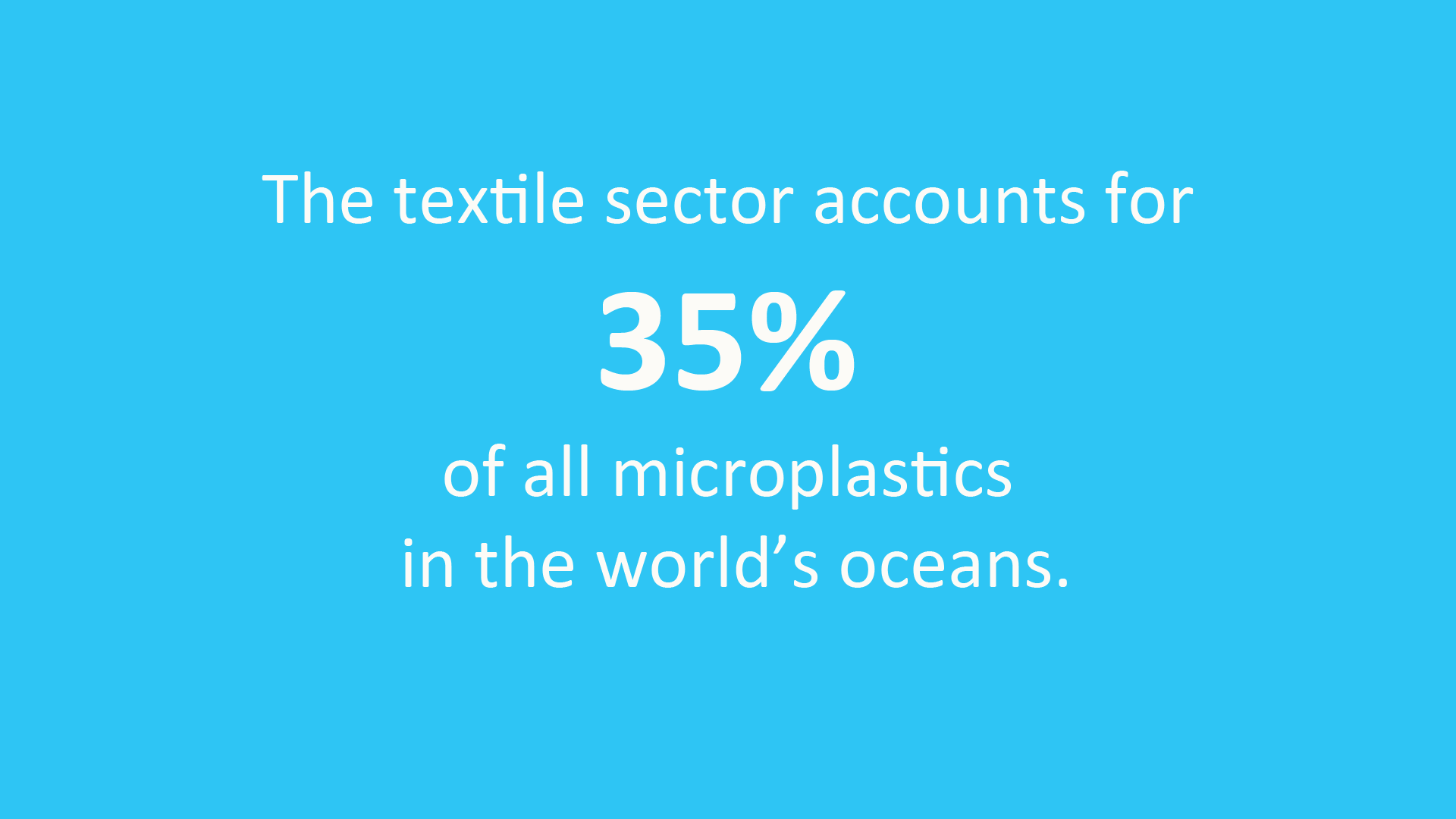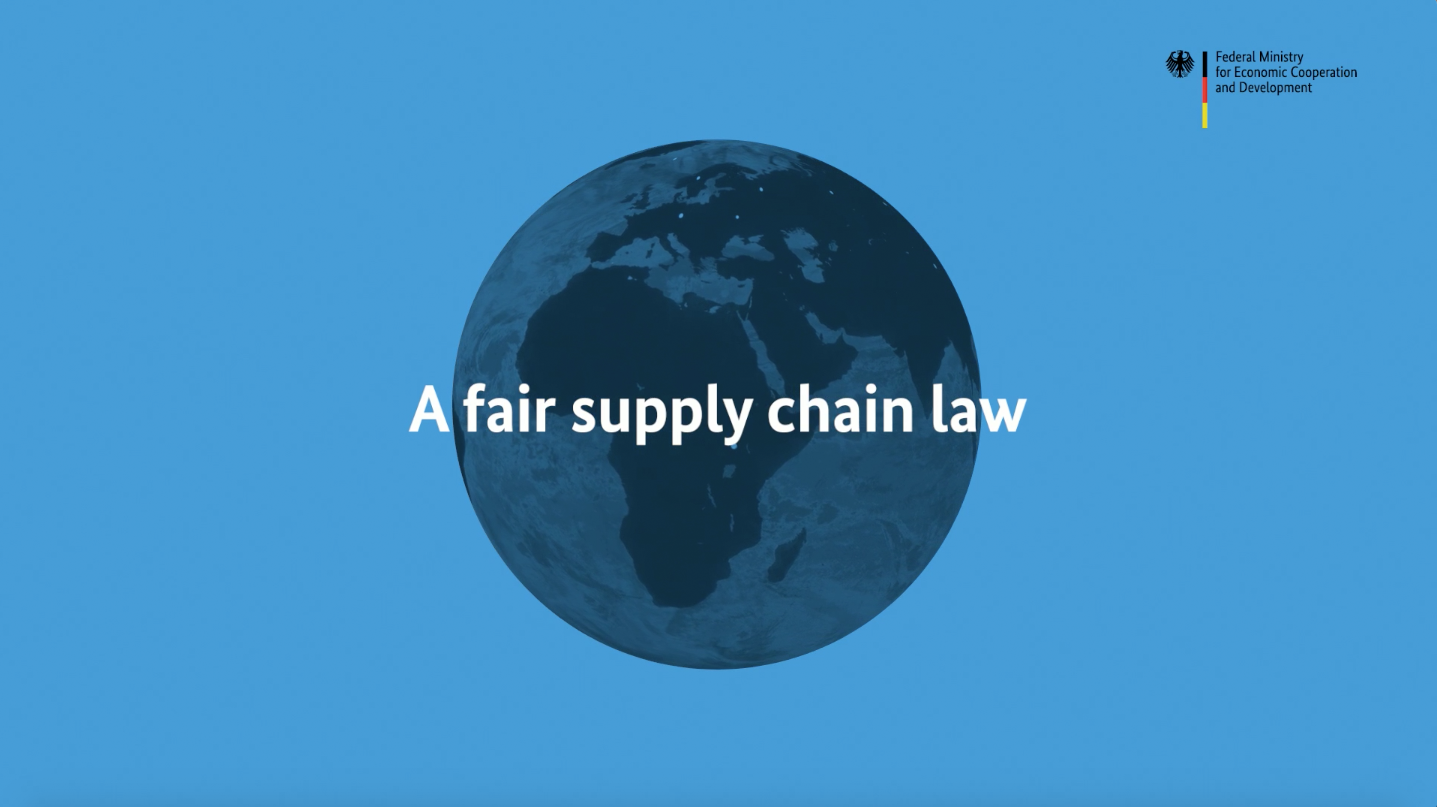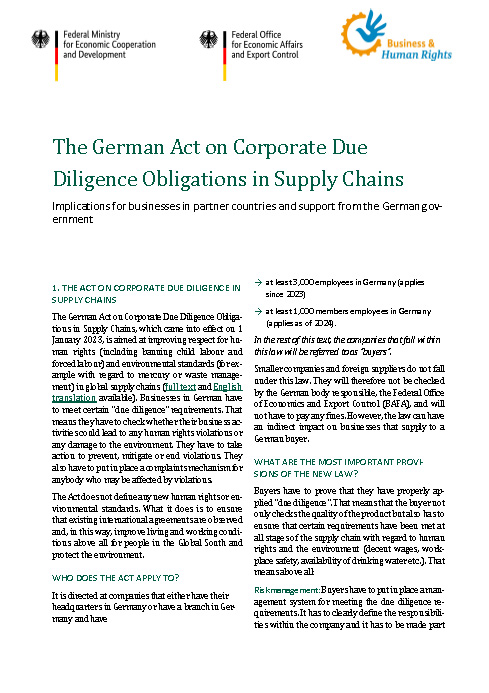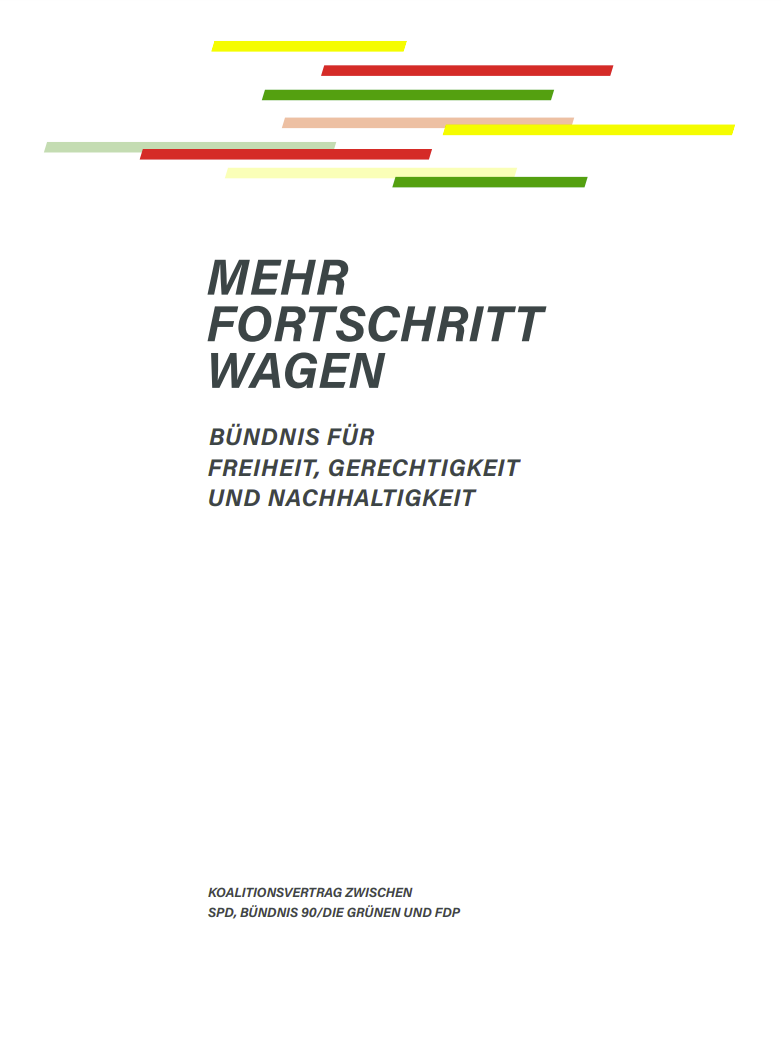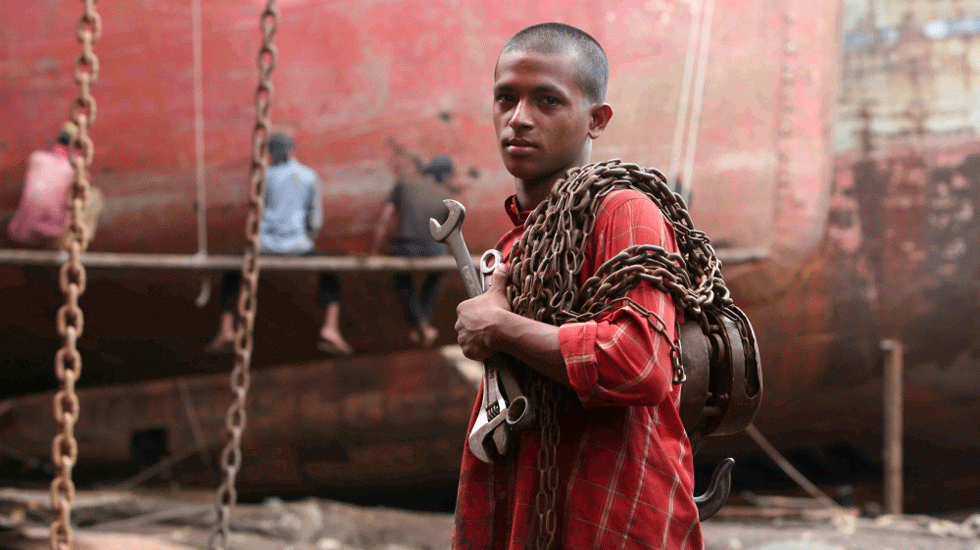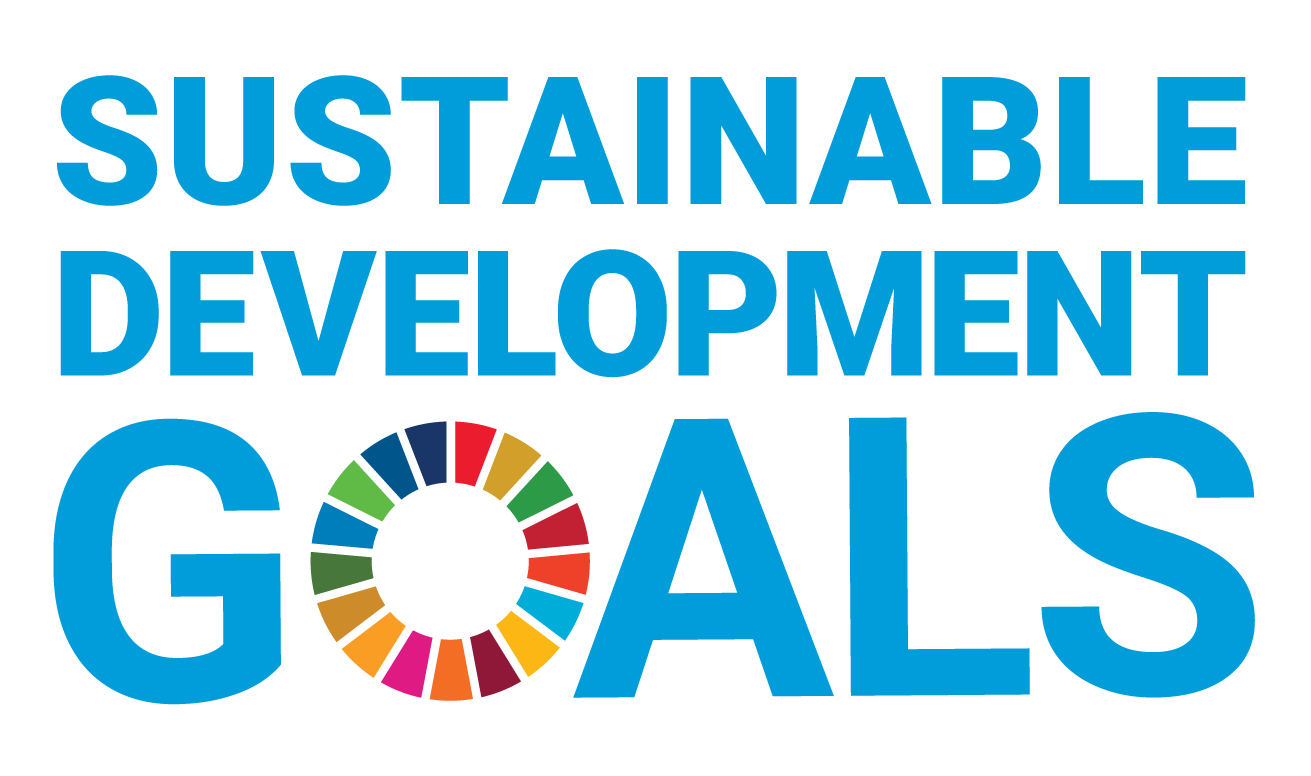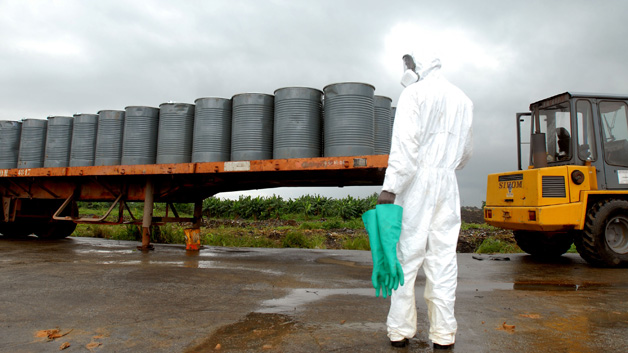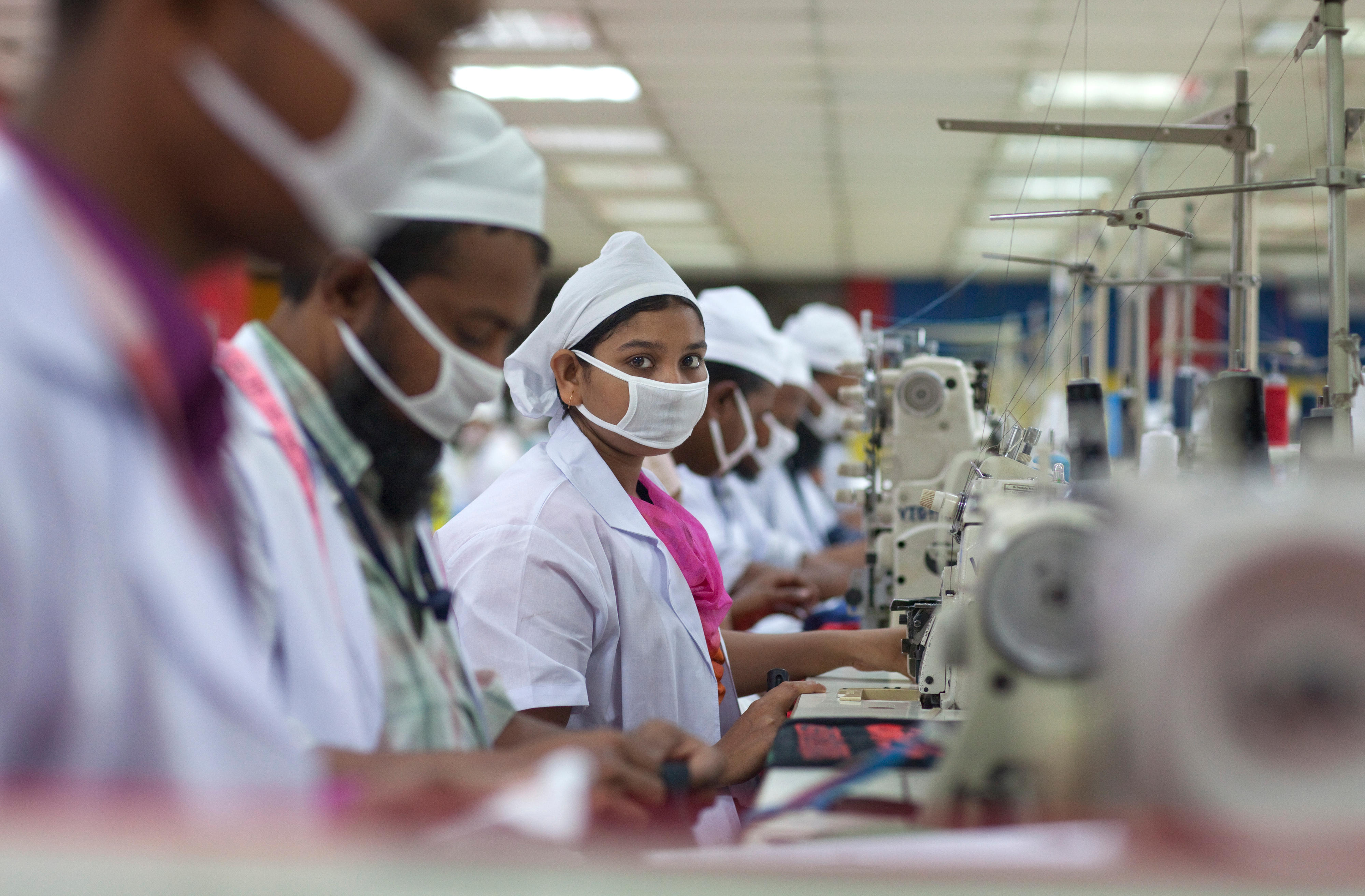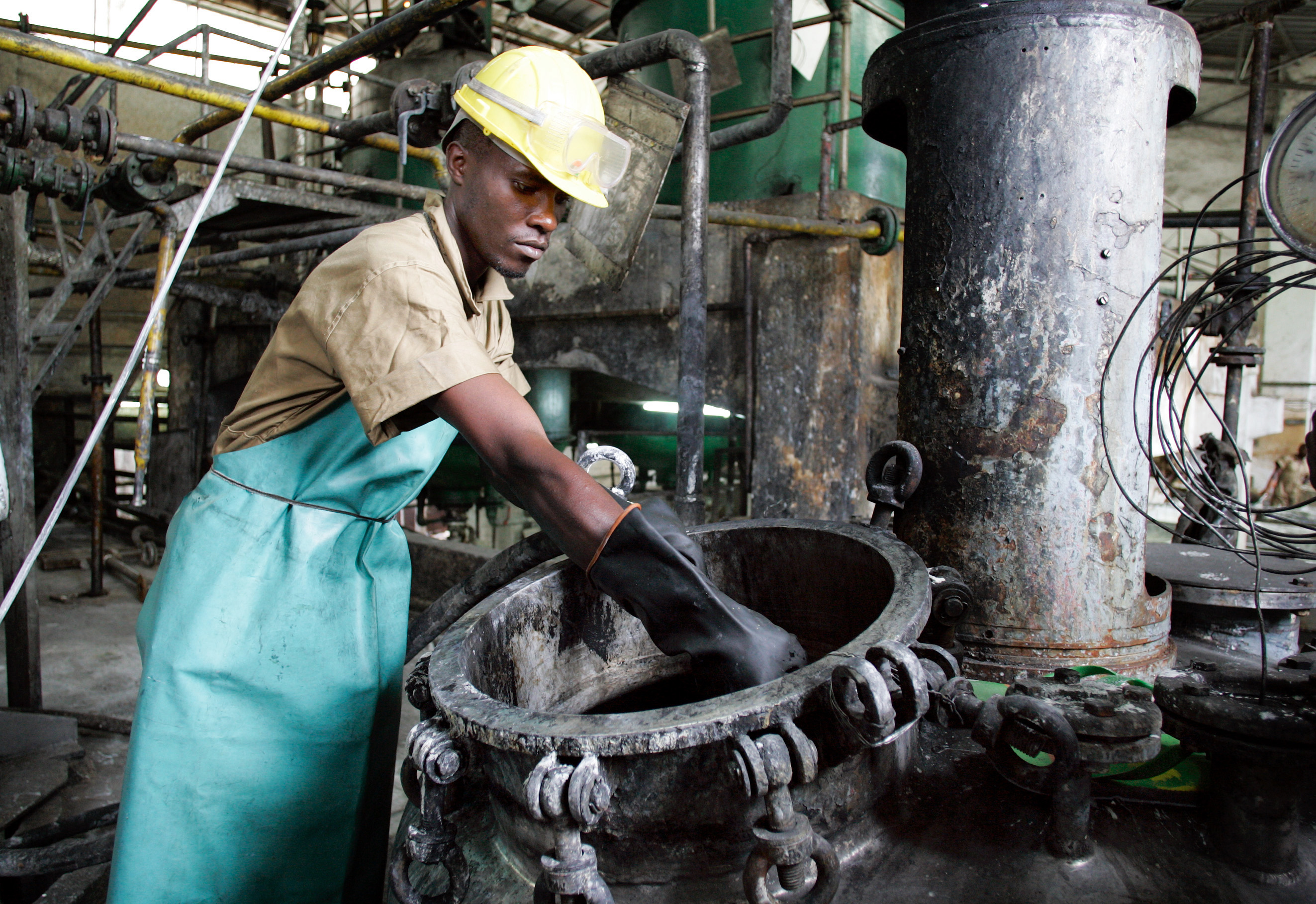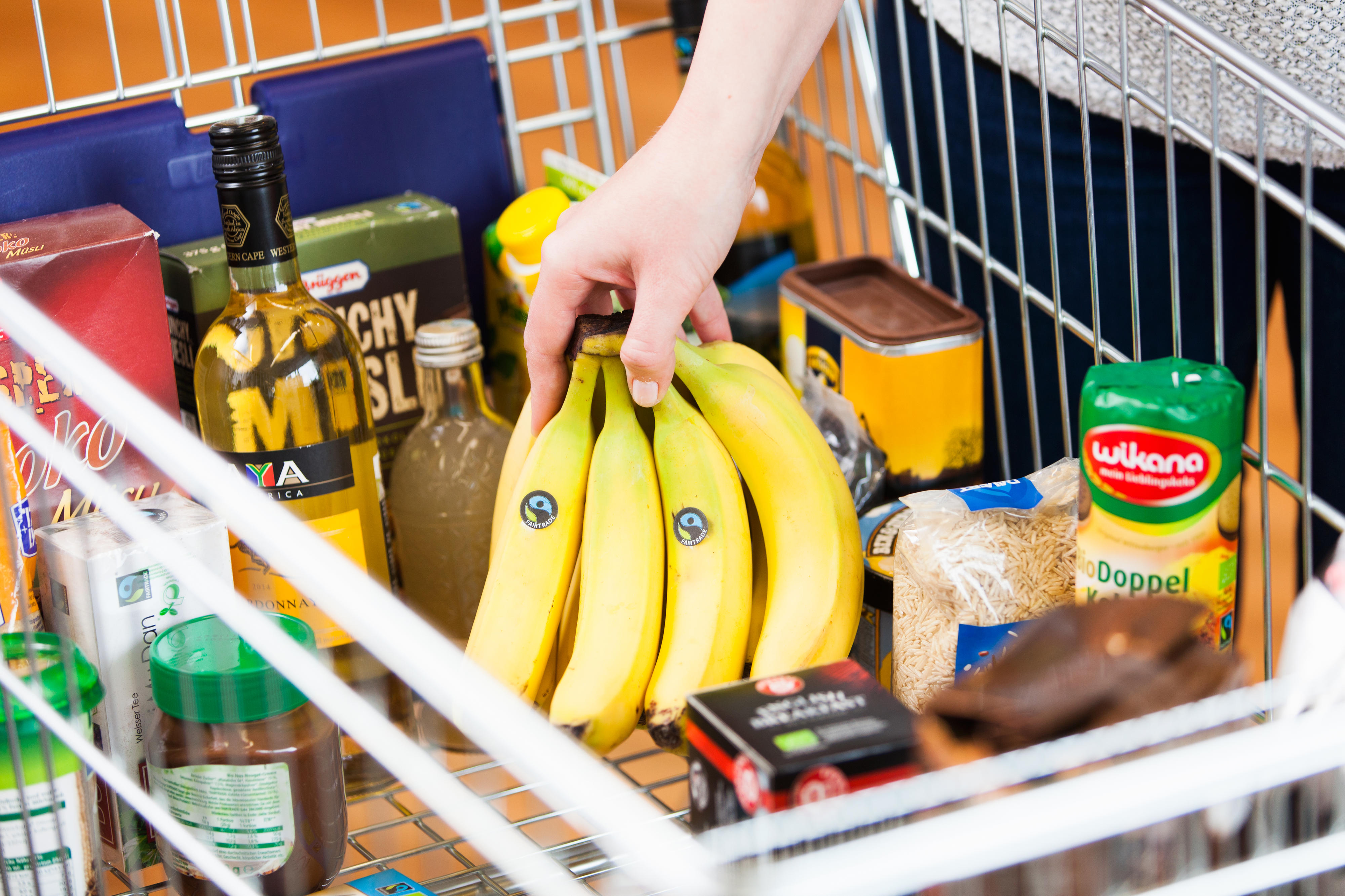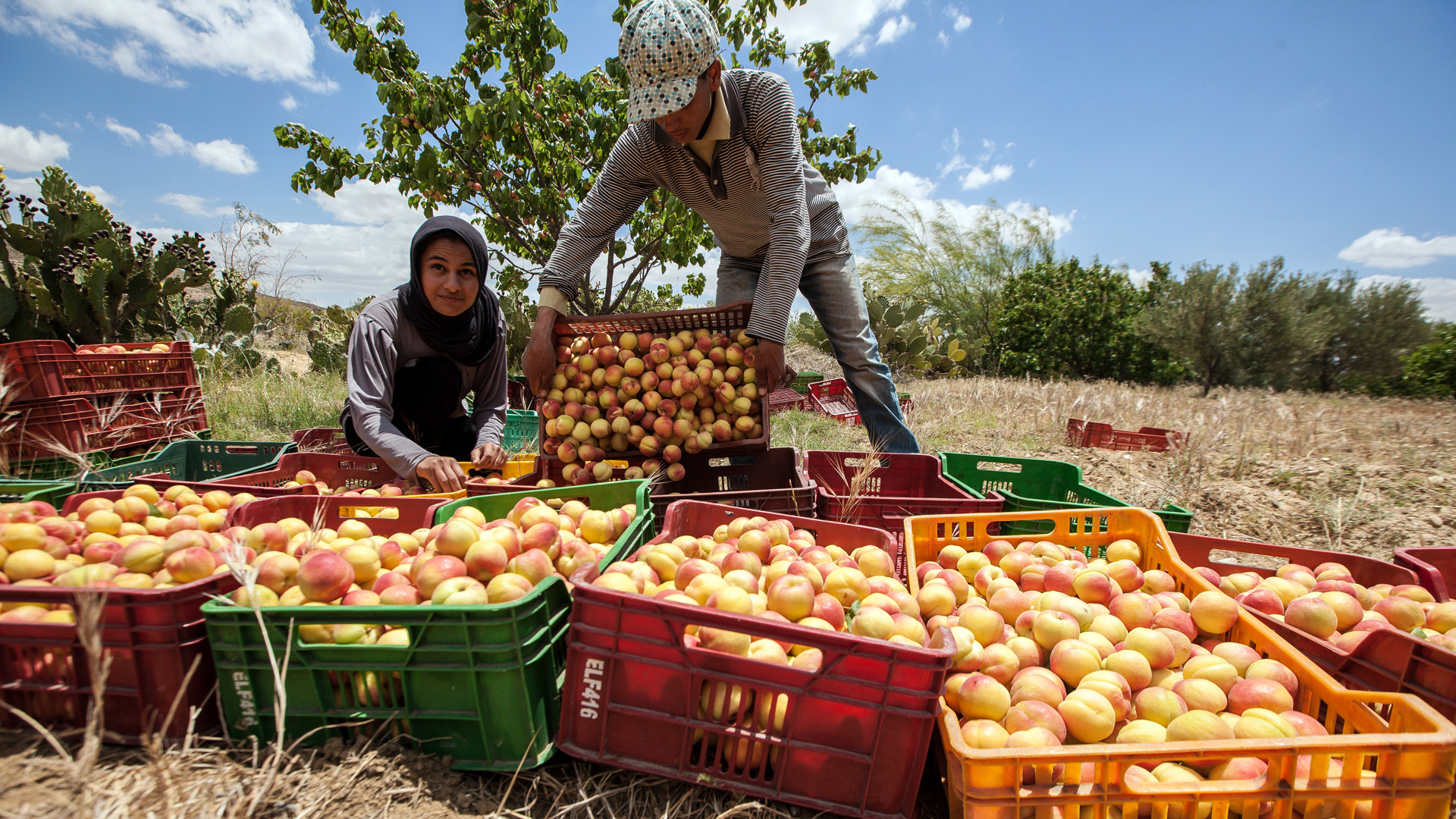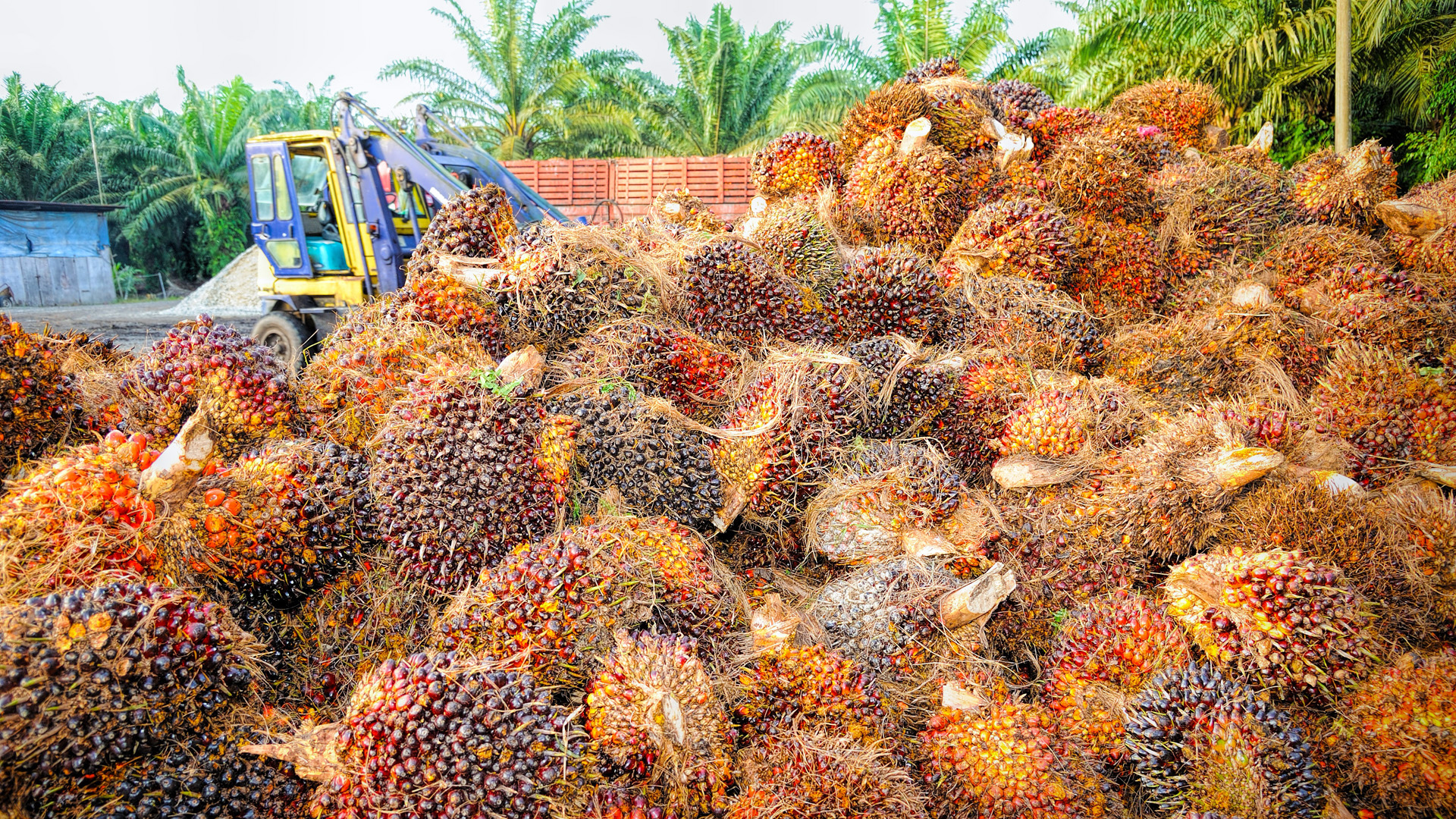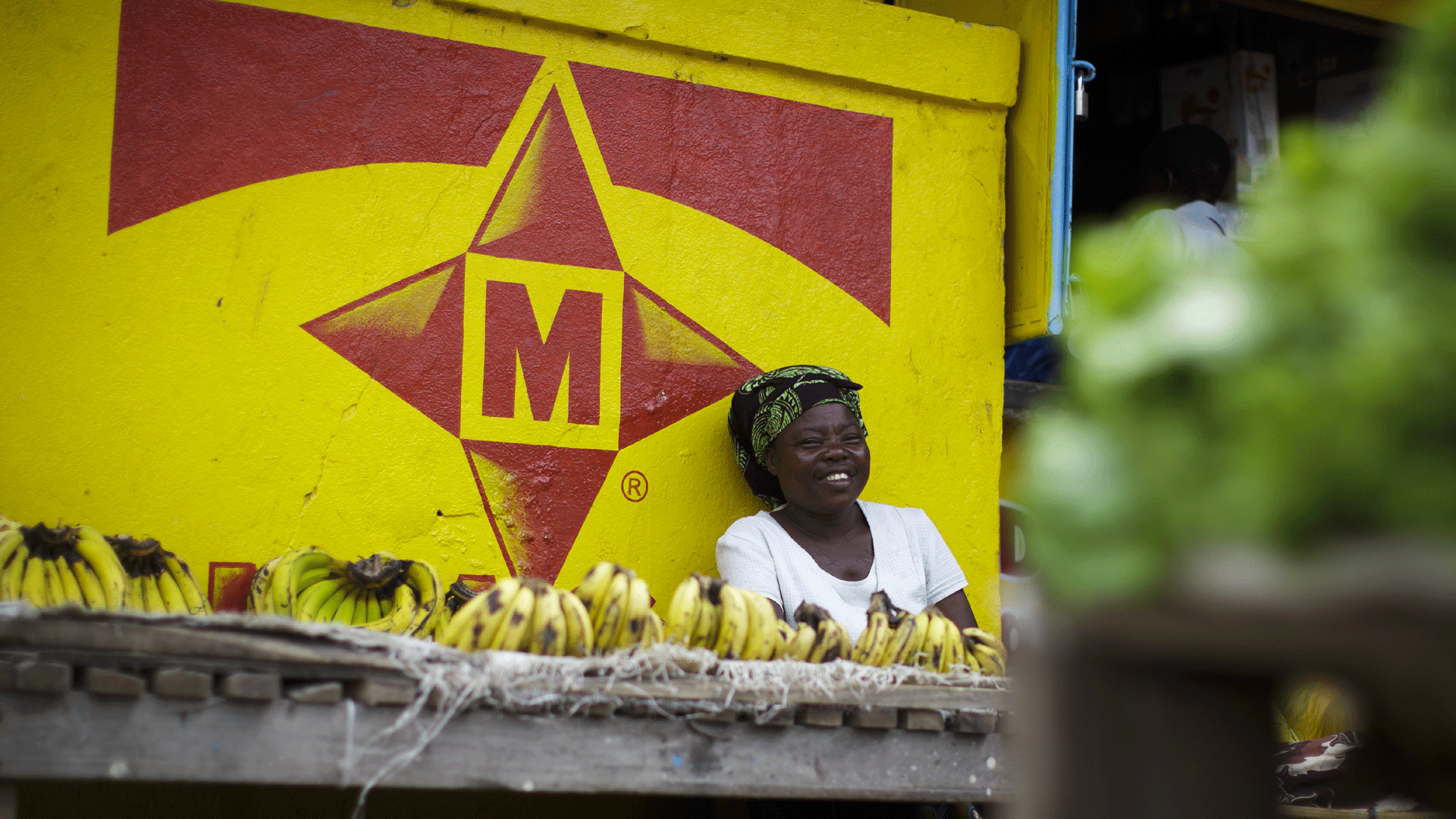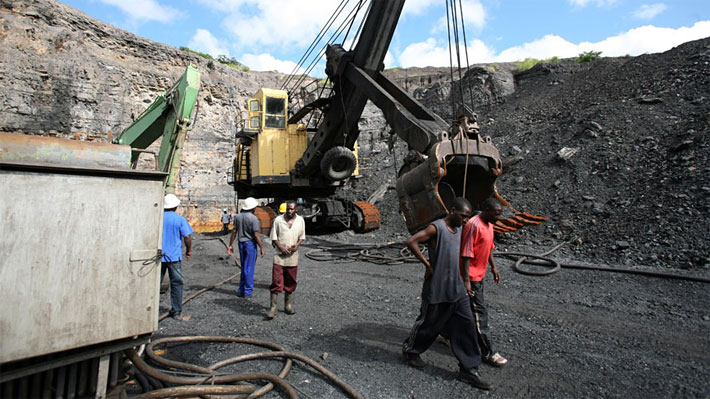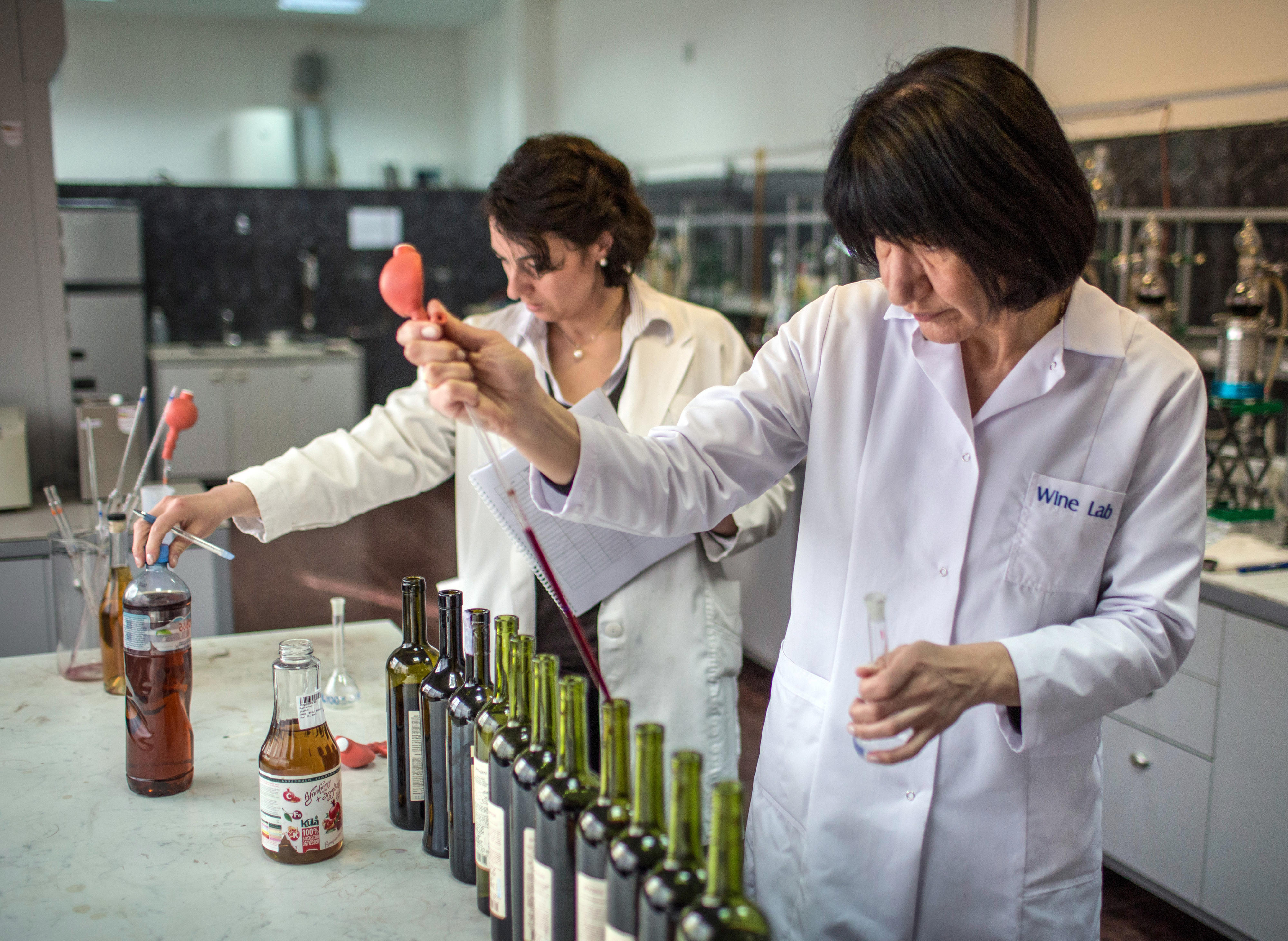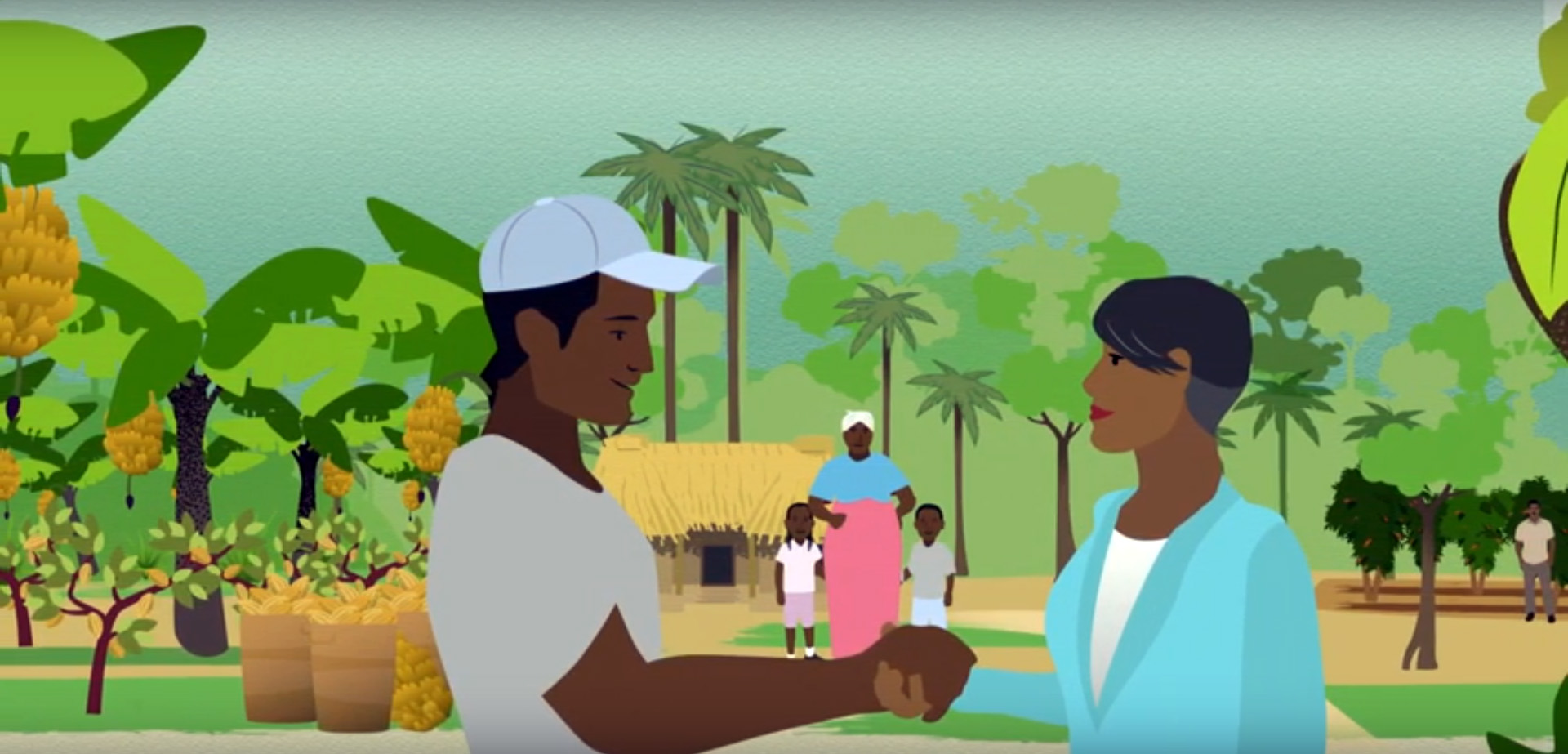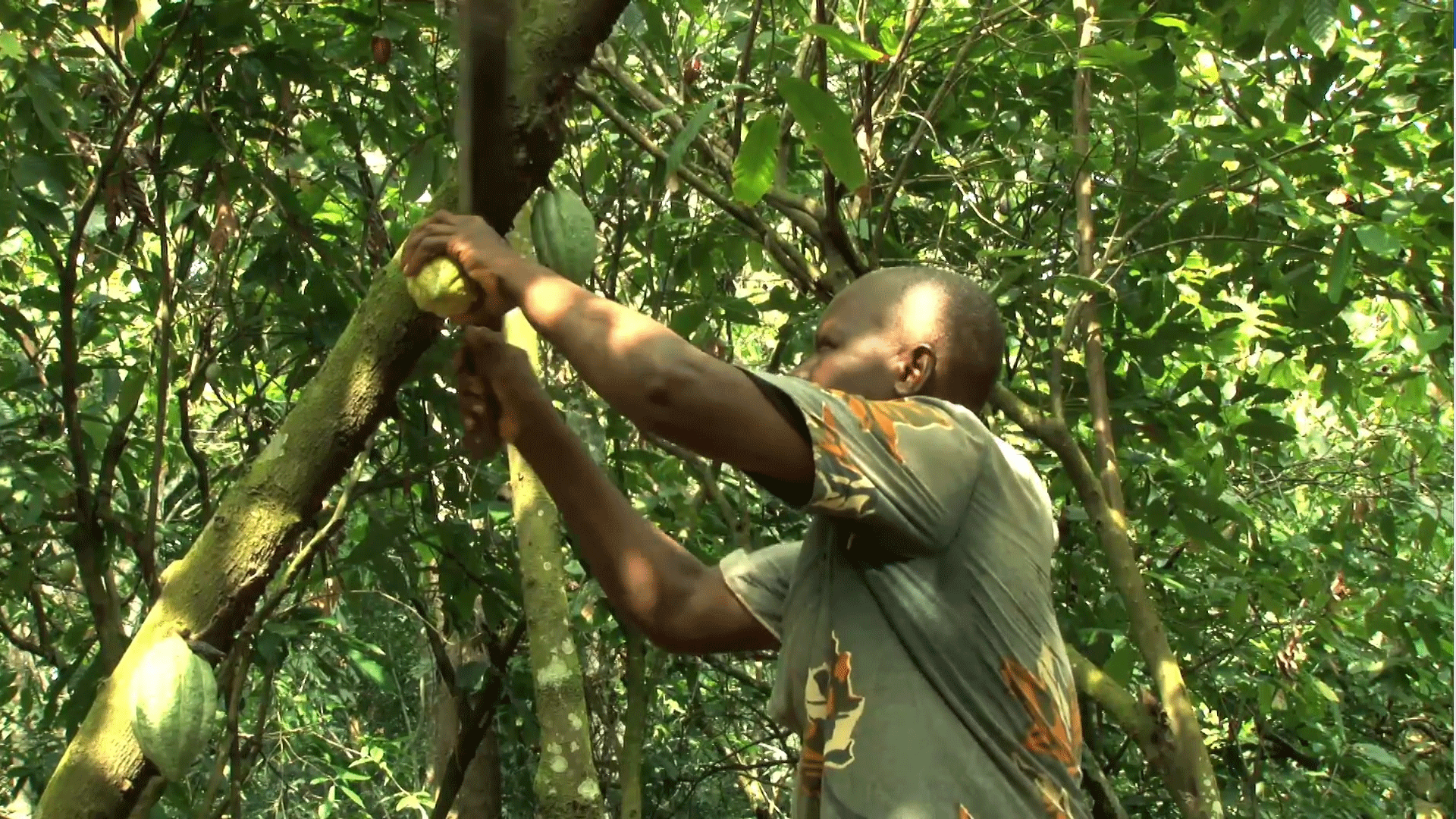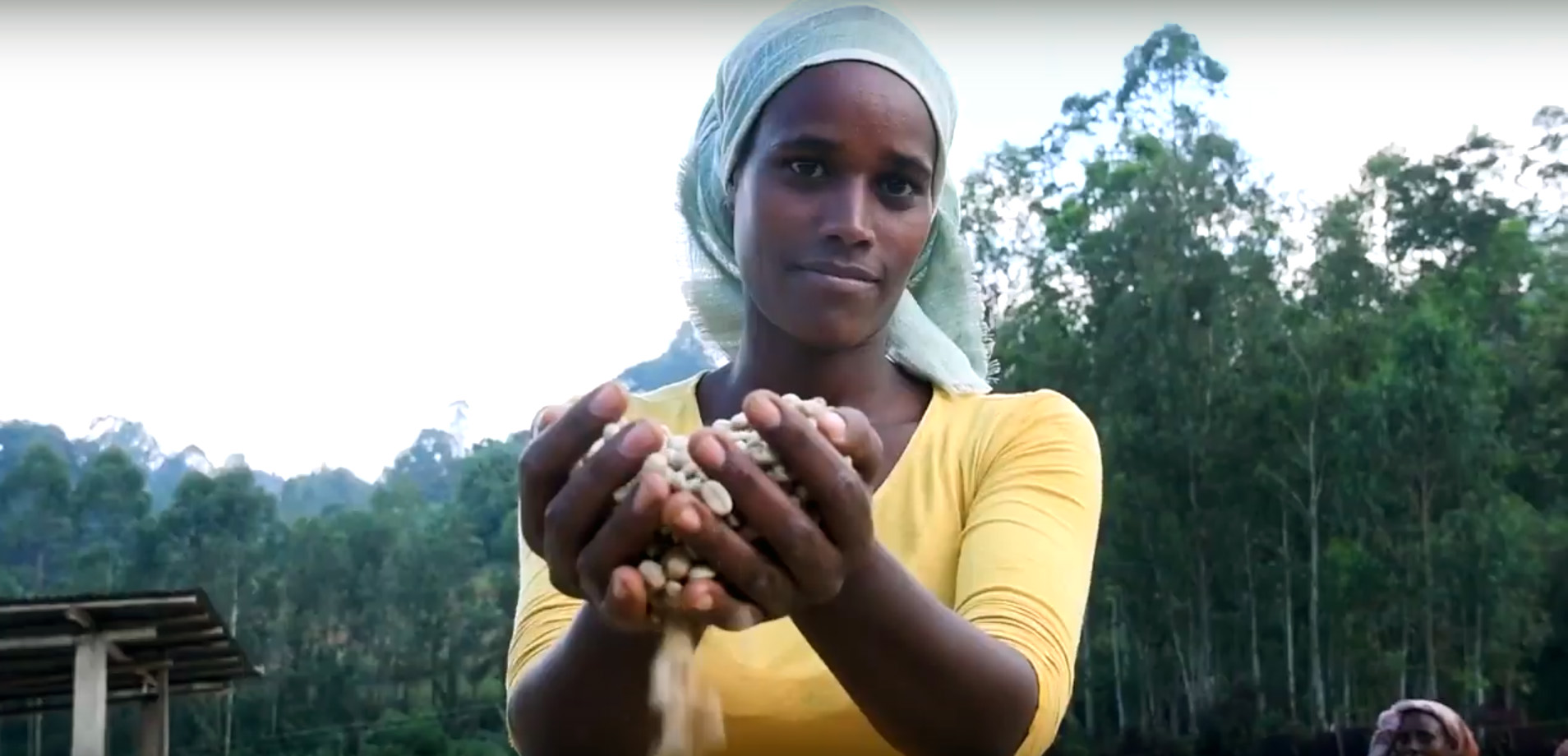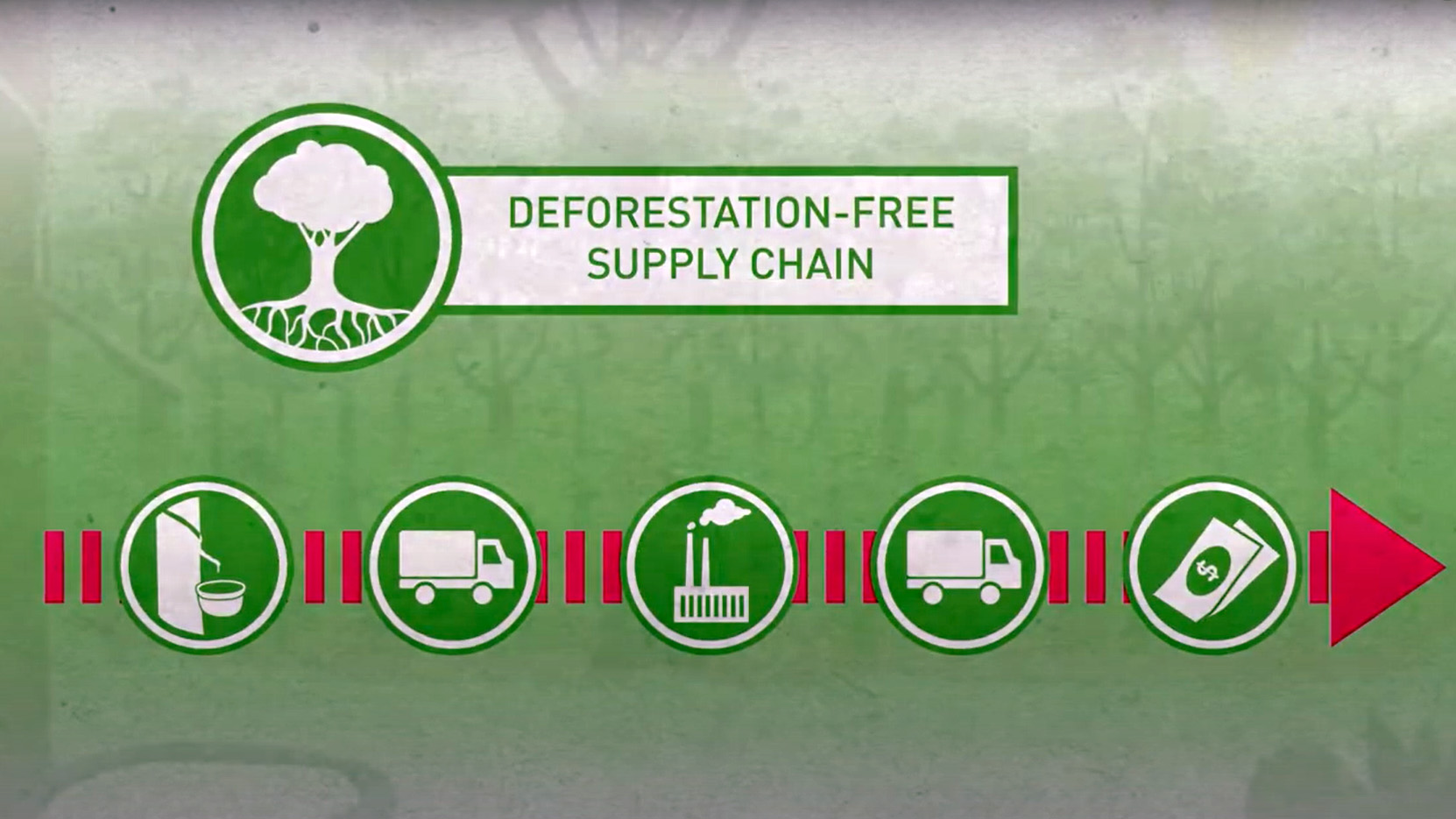Making globalisation fair Supply chains
However, globalisation also has its downsides. Many products and raw materials that make our lives more comfortable are manufactured or obtained under unacceptable working and environmental conditions, with workers being paid starvation wages, or with exploitative child labour.
Our prosperity and the economic opportunities of developing and emerging economies are closely linked with each other through supply chains. This means that we have a responsibility to bear because there is a person at the start of every supply chain.
Facts you didn’t know about supply chains...
Taking responsibility for compliance with human rights The German supply chain law
In order to better protect human rights along global supply chains, for instance by preventing child and forced labour and banning substances that are harmful to humans and the environment, the German parliament adopted the Act on Corporate Due Diligence Obligations for the Prevention of Human Rights Violations in Supply Chains (also known as the supply chain law).
It came into force in 2023 and first applied to companies with more than 3,000 employees. From 2024 onwards, it applies to all companies with more than 1,000 employees.
Companies are required, in line with the UN Guiding Principles on Business and Human Rights (External link), to assess whether their business activities may cause human rights violations. Corporate due diligence obligations cover the entire supply chain – from raw materials to the final product.
Companies must take measures to prevent violations of basic human rights standards and put in place grievance mechanisms for anybody who might have been affected by violations.
The requirements are tiered based on the influence that the company can exert. Companies must ensure, both in their own businesses and for their direct suppliers, that human rights are respected, for instance the ban on forced and child labour, and that internationally recognised social standards such as the ILO core labour standards are upheld. They must immediately take remedial action if these rights are being violated.
For indirect suppliers, due diligence obligations apply if warranted by the circumstances. Companies are only required to investigate and take action if they learn of human rights violations taking place.
The Federal Office for Economic Affairs and Export Control (BAFA) is responsible for monitoring compliance with the law and imposing sanctions in case of infringements.
Further information about the supply chain law can be found here (External link).
We support an effective EU supply chain law based on the UN Guiding Principles on Business and Human Rights that does not overburden small and medium-sized enterprises. We support the EU Commission's proposed regulation on deforestation-free supply chains. We support the ban on imports of products from forced labour proposed by the EU.
The EU’s Corporate Sustainability Due Diligence Directive
At EU level, a regulation on corporate due diligence obligations (Corporate Sustainability Due Diligence Directive, CSDDD) came into force 24 May 2024. After an intensive discussion, the majority of EU member states voted in favour of this European supply chain law in March 2024. On 24 April 2024, the European Parliament adopted the EU Supply Chain Directive. As a final step, the EU Council of Ministers formally approved the directive on 24 May 2024. The directive must now be transposed into national law by 2026.
From a development perspective, it will be crucial to ensure that the directive has a real impact in our partner countries. It will therefore be important that the proposal includes a risk-based approach along the entire value chain, focuses on sustainable purchasing practices and gives the people concerned effective access to justice because of civil law liability. Adequate and concrete provisions for protecting the environment and the climate are also essential.
The UN Treaty
At the level of the United Nations, negotiations are underway for a binding international agreement (the UN Treaty on Business and Human Rights). These developments show that companies which are already looking into their obligations under the German due diligence act will have a competitive advantage when the EU and international regulations come into force.
As at: 26/04/2023
